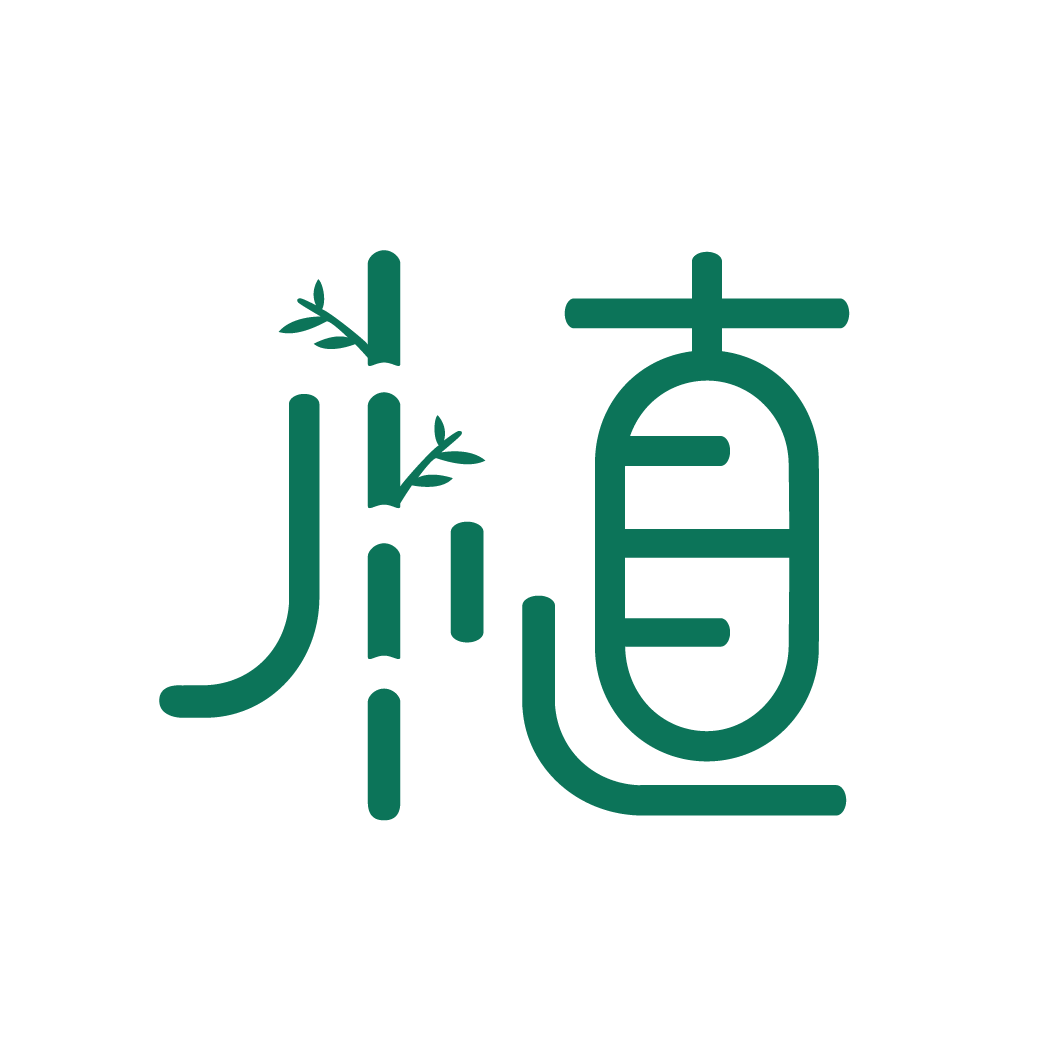Plant-Based Fiber Straws
Plant-Based Fiber Products
Plant-Based Fiber Straws
Plant-Based Fiber Bottle
-
Name of the submitted project or idea (in English or both English and your language)
Plant-Based Fiber Products
-
URL of a video introducing the work(under 5 minutes)
https://www.youtube.com/watch?v=d1XX_LIbC7s&ab_channel=100%25%E6%A4%8D-PlantFiberEco-friendlyProducts
-
Detailed explanation of the submitted project or idea (in English or both English and your language)
JuTian Cleantech takes "waste reuse" as its core brand value, recycling and applying natural agri-waste, we have long-term and stable cooperation and development with OEMs, from sourcing raw materials to molding, assisting existing plastic factories to transform into innovative materials, improving life-cycle planning, and jointly establishing a sustainable green supply chain.
Since the invention of plastic, plastic products have been deeply integrated into people's living habits. Although it brings a lot of single-use convenience, it also causes incalculable harm and affects the next generation's coexistence with the environment. According statistics, 8 to 13 million tons of plastic waste enters the global marine environment every year, and in response to the concept of environmental protection and sustainable living, JuTian Cleantech first partnered with Taiwan's leading supermarket chain 7-ELEVEN last July to develop products that are plastic-free, low-carbon, naturally decomposable, and ensure the recycling of resources to implement SDGs Goal 12: Ensure sustainable consumption and production models, and Goal 13: Take action to improve the impact of climate change on the Earth. In addition to providing plant-based fiber bottles for in-store promotion, and also offering a NT$5 discount on each cup of freshly made beverages when reusable using eco-friendly sustainable bottles. Encourage consumers to take eco-friendly actions in their daily lives to reduce the burden on the environment and fulfill the "Blue Ocean Vision'' together. This project has so far reduced the use of 10 million single-use plastic cups in Taiwan.
Under the global plastic restriction, the demand for eco-friendly products has increased greatly. In addition to the advantage of natural decomposition, biodegradable materials do not produce Dioxin by combustion, and the amount of heat released by combustion is lower and the carbon footprint is less than that of traditional plastics.
This concept is internationally recognized and has been sold in more than 30 countries, mainly in Europe and the United States, and has reduced 500 million disposable plastic products and 3,600 tons of carbon emissions generated by combustion for global enterprises, echoing the market demand for eco-friendly products. -
Keywords
#ecofriendly #circulareconomy #sustainability
-
If you have a website for your submitted project or idea, please provide the URL
https://renouvo.net/
-
Special Prize Question 1: How does your project or idea make use of local resources, such as materials and knowledge, to tackle its challenge?
In the process of agricultural production, agricultural wastes are not easily utilized, these wastes have low value and high disposal cost, and if agricultural wastes are not properly treated, many environmental pollution problems will arise.
In order to solve this problem, JuTian rethink the life mode of the products, replace petrochemical plastics with agricultural waste, recycle agricultural waste to make new products, reuse disposable plastic materials, change from the source, zero waste design and use renewable raw materials and design compostable products, with the principle of circular economy, processed with cleaning technology, perfect planning life cycle cycle, replace traditional consumable raw materials and energy-consuming manufacturing processes, and to achieve environmentally sustainable business model, to buy bagasse from small and medium-sized enterprises food factories, the original discarded agricultural waste, re-produced into useful products.
JuTian's R&D team focus on "solving agricultural wastes" and "enhancing the value of wastes", and started to develop materials with the convenience of plastic and more friendly to the environment to replace plastic. In addition to the advantages of natural decomposition of plant fiber, biodegradable materials do not generate Dioxin from combustion, and the heat released from combustion is low, and the carbon footprint is less than that of traditional plastic, which not only achieves the goal of zero pollution, but also reduces the cost of production, enhances the effective use of resources, reduces the environmental burden, and realizes net zero carbon emission and sustainable development. -
Special Prize Question 2: How does your project or idea sustain its activities through the involvement of the local community?
In order to reverse the traditional linear production and consumption model, JuTian has adopted cleaning technology to reduce energy consumption and carbon emissions and improve the efficiency of resource use. The long-term goal is to promote new green alternatives to the traditional petrochemical industry, moving towards zero waste in the industry, practicing sustainable development, implementing the United Nations SDGs Goal 7: Affordable and Clean Energy, ensuring affordable, reliable and sustainable modern energy for all, Goal 12: Responsible Consumption and Production, promoting a green economy and ensuring sustainable consumption and production patterns, and Goal 13: Climate Action, completing mitigation and adaptation actions to address climate change and its impacts.
JuTian links the supply chain of food factories, fiber pre-processing factories, granulation factories and blow molding factories in Taiwan, and acquiring bagasse from food factories specializing in raw sugarcane juice, JuTian has access to many complementary resources through partnerships with external partners, while assisting existing plastics plants to transform into innovative materials and achieve the goal of zero waste in their factories. Through technical assistance, these traditional plastic factories can shorten innovation time, reduce risks and costs, and increase operational flexibility.
JuTian has long-term and stable cooperation and development with OEMs, from sourcing raw materials to molding, assisting existing plastic factories to transform into innovative materials, achieving the goal of waste-free factories, strengthening local industries, processing and manufacturing with clean technologies, improving life-cycle planning, replacing traditional consumable materials and energy-consuming processes, and jointly establishing a sustainable green supply chain. -
Special Prize Question 3: How does your project or idea eliminate waste or pollution while regenerating natural resources?
In the past 50 years, global plastic production has increased more than 20 times, and the carbon footprint of plastic production accounts for 6% of global carbon emissions.
In order to avoid more serious climate change, JuTian is taking practical action to strengthen the medium and long-term sustainable development strategy by transforming agricultural waste-bagasse into eco-friendly products through innovative technology and developing a biodegradable "Plant-Based Fiber Products" to replace disposable plastic, which can be used without plastic pollution to ensure that the earth's limited resources can be used in a recycled and sustainable manner, forming a friendly economic and industrial system. We are calling on consumers to take eco-friendly actions in their daily lives and continue to implement various specific practices such as plastic reduction, energy saving, carbon reduction, sustainable procurement, and increased resource utilization to reduce the burden on the environment
"Plant-Based Fiber Products" developed by JuTian are made from bagasse, a residual agricultural by-product of farmers, and coffee grounds recovered from coffee chains. The manufacturing process uses cleansing technology, and the processing temperature is lower than that of ordinary plastic products, which can effectively reduce energy consumption and carbon emissions, and can be metabolized and naturally decomposed into water and nutrients by microorganisms in a composting environment with sufficient humidity, oxygen and the presence of appropriate microorganisms at 20-30°C. This kind of decomposable environmental protection product can significantly reduce the harm to the earth, alleviate the problem of plastic waste pollution, and achieve the SDGs sustainable development goals.


